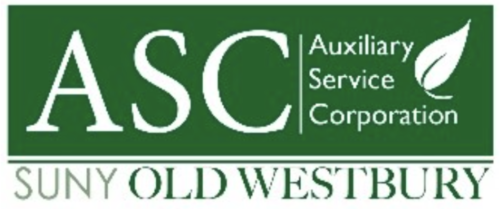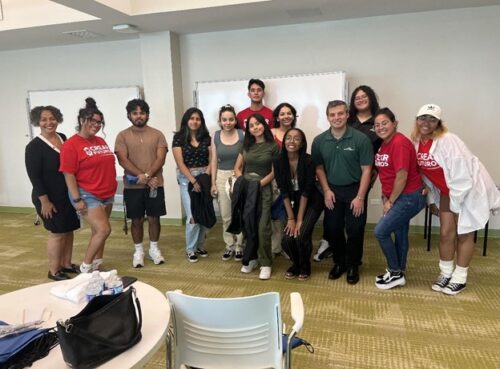
Most high-school and college students graduate with little-to-no knowledge regarding practical finances. Schools do not educate students well enough about information on basic banking, credit, mortgages, investments, loans etc.
Current education systems do not include information on healthcare insurance either. This is important for students to learn because once an individual turns 26, they are no longer covered under their parent’s insurance. During the COVID-19 pandemic there was increased unemployment rates, and healthcare became a serious issue.
At least nowadays, if you really want to learn about specifics, you can find information on the internet after a quick Google search. However, there is always the issue about reliability and making sure that you are not signing up for a sales pitch. Recently, the internet frenzy with GameStop/Bitcoin was confusing to most, as some internet sources promote Bitcoin while others warn that certain Bitcoin offers are scams. Situations such as this just add more confusion in this space of financial ignorance.
Not only are there gaps in basic financial education, as people who will be (hopefully) gainfully employed, college students need to understand day-to-day finance and employment related benefits. Questions such as “What really is a 401K? What is a retirement plan? What are tax-deferred savings?” are common questions college students ask themselves as they move closer to financial independence.
So, what is the solution to these problems? How can students learn about practical finance without having to get a degree in economics or accounting?
There really does not seem to be an easy solution, but the internet does offer some information. Khan Academy has bite-size videos on some basics that can help students cover the basics of important questions. Sometimes family is the best place for straightforward information. Some local banks can be helpful and know the local financial climate. There is also the option for professional help.
According to Susan Quigley, a certified financial advisor (and SUNY graduate) “Young people who learn about finances early on in life, get a head start on their future. They are more cautious about budgets and expenses.”
Susan is an advocate for financial education in high schools and works with families to encourage discussions about finances. Her website is Squigleyfinancial.com which has some videos, and Susan is also promoting a program called REALLIFE, which is geared towards providing financial information for young people starting out in life.
If basic education would include financial life skills, young adults would perhaps be less anxious about the unknown and their future.







